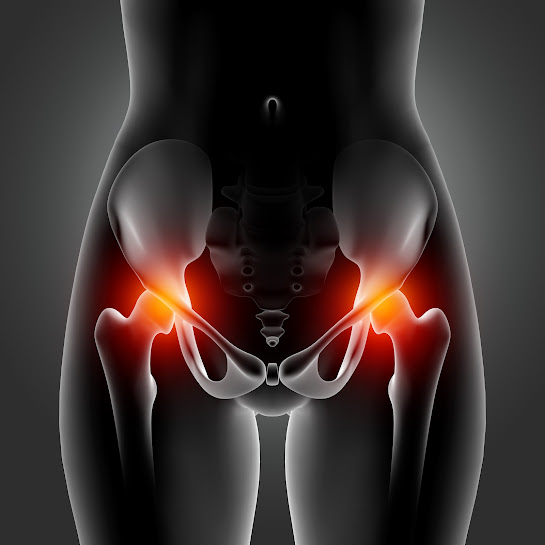Management of avascular necrosis of femoral head
Management and avascular necrosis treatment
Physiotherapy
Physiotherapy helps to prevent further deterioration of the hip. However, physiotherapy alone cannot cure the disease, and usually, patients require surgical treatment. Physiotherapy treatment includes:
1. Weight-bear
This involves the implementation of a walking aid of some sort to decrease the weight-bearing load in the head of the femur.
2. Range of motion
Physiotherapists help clients to maintain joint mobility via both active and passive exercises. This involves hands-on mobilization techniques in combination with stretching of tight musculature. The hip pain treatment should not cause pain to the patient.
4. Strengthen
Strengthening hip musculature results in less pain, more movement, and improved function.
5. Exercise
Exercise or physical activity such as hydrotherapy or stationary cycling is very helpful for this condition. Weight loss also helps patients with obesity as less body weight means less pressure on the hip joint.
Surgical Intervention
Here are some of the most common operations done in avascular necrosis treatment include -
Core decompression: the femoral head is removed to stimulate blood flow so that new bones may form.
Osteotomy: the hip bone is shortened or extended to change alignment and decrease the load.
Joint replacement: this bone cell therapy method involves the removal of damaged bone and cartilage and replacing them with prosthetic components.
To know more about Avascular necrosis (AVN) or osteonecrosis management, connect with the experts at Regrow.


Comments
Post a Comment